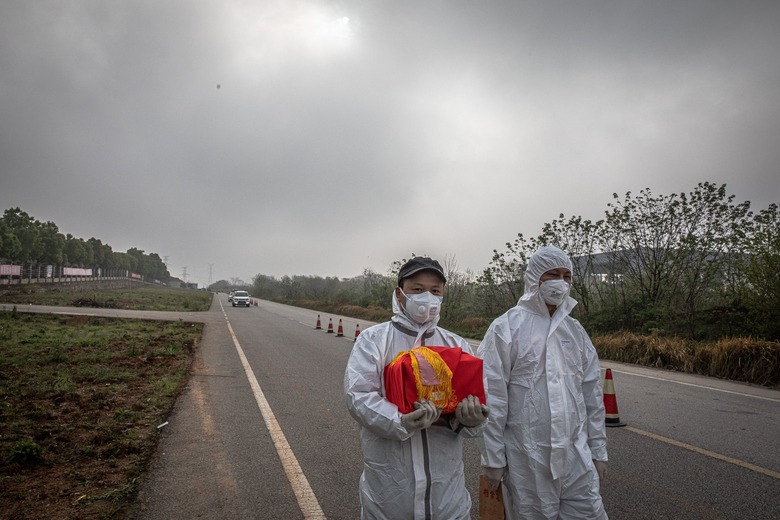Bill Gates-Backed Coronavirus Vaccine Enters Human Trial Phase
- A novel coronavirus vaccine that received funding from the Bill and Melinda Gates Foundation has begun human trials.
- The INO-4800 DNA vaccine from Inovio has shown promise in preclinical trials, and the conclusions of the Phase 1 study will be ready this summer.
- If successful, the vaccine could be ready for emergency use as soon as this fall.
- Visit BGR's homepage for more stories.
The race is on to develop a vaccine for the novel coronavirus as fast as possible, and researchers from various institutions have made tremendous progress in a very short time. Two human trials started in the US and China over the past few weeks, while doctors in Australia are studying the potential benefits of an existing 100-year-old vaccine against COVID-19. The World Health Organization (WHO) has partnered with around 20 parties on COVID-19 vaccines, according to a report a few weeks ago, and we've heard of several projects that are underway already. One involves a tobacco company, while a different vaccine candidate uses a tiny patch with needles made of sugar to deliver the payload.
Bill Gates said a few weeks ago that the Bill and Melinda Gates Foundation will spearhead the development of COVID-19 vaccines by starting work on no fewer than seven distinct production lines for potential candidates. Only up to two of them are likely to make it, and the endeavor might cost billions. It could save thousands of lives in the process though, as the logistics related to the actual manufacturing and shipping of the vaccine need to be worked out at the same time as the vaccine research. Now, we have learned that one of the Gates-backed vaccines is ready to enter Phase 1 of clinical trials.
The Food and Drug Administration (FDA) accepted an application from Inovio Pharmaceuticals under the Investigational New Drug program, reports TechCrunch.
The drug that's being tested is a DNA vaccine called INO-4800, which showed promising results in preclinical studies involving animals. The drug can boost the immune response by injecting a specifically engineered genetic structure into the human body. The immune system produces antibodies to fight off the newly detected pathogen, which can then help combat the novel coronavirus. 40 healthy volunteers selected by Philadelphia's Perelman School of Medicine at the University of Pennsylvania and the Center for Pharmaceutical Research in Kansas City will be inoculated in Phase 1. Data from the trial will be ready by summer.
The vaccine is based on work that Inovio started for the Middle East Respiratory Syndrome (MERS) epidemic from a few years ago. The company used a DNA vaccine in a Phase 1 trial that showed a promising response, producing a high level of antibodies that persisted for an extended period in subjects.
Inovio has produced thousands of doses of INO-4800 in just a few weeks, which will be used in Phase 1 and Phase 2 trials. The company says that it will be able to ramp up production to up to one million doses by the end of the year if the clinical trials are successful. The doses could be used in additional tests or in emergencies, pending authorization.
Any COVID-19 vaccines that are approved for use in humans will need as long as 18 months to be available to the general public.
